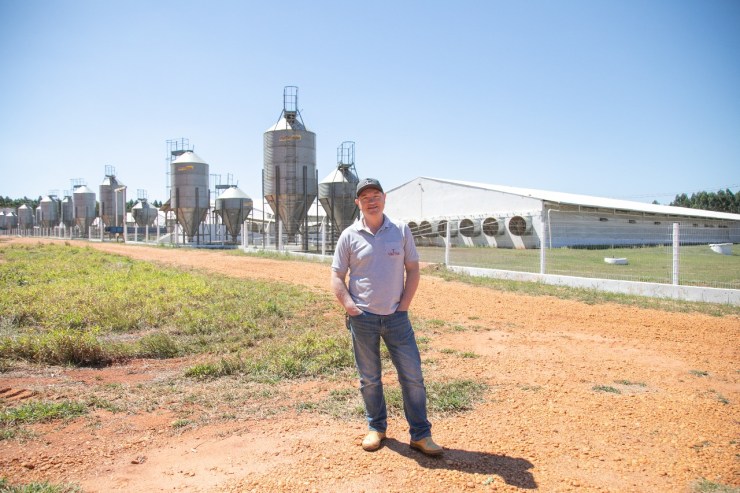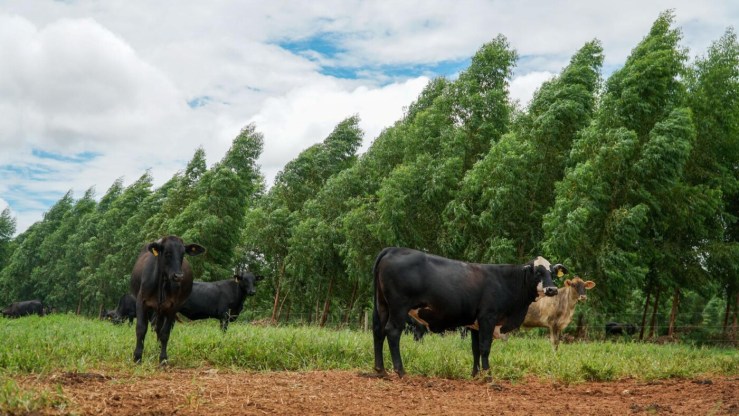The Mato Grosso Soybean and Corn Producers Association (Aprosoja MT) considers the decision of the Federal Supreme Court (STF) issued this Monday (28.04) in Direct Action of Unconstitutionality (ADI) No. 7,774, which deals with the so-called Moratorium Law in Mato Grosso, to be an important step forward. The Supreme Court reestablished the effectiveness of article 2 of State Law No. 12,709/2024, which conditions the granting of tax incentives and public lands to companies that respect Brazilian environmental legislation.
Minister Flávio Dino's decision recognized that the State has the power to define its own criteria for granting tax incentives and can therefore deny benefits to companies that impose stricter commercial restrictions than those established by the National Congress.
In his ruling, the minister stated that:
“The reestablishment of the effects of art. 2 of State Law No. 12,709/2024 is reasonable to guarantee the prerogative of the State of Mato Grosso to condition the granting of discretionary benefits to practices aligned with federal environmental standards, without preventing private agreements such as the Soy Moratorium.”
The decision also highlighted that, although adherence to private agreements such as the Soy Moratorium is a choice made by companies, the State is not obliged to reward conduct that exceeds the limits of national environmental legislation, reaffirming that state fiscal policy can and should be formulated to protect economic development in legally eligible areas, promoting a balance between production and environmental preservation.
The minister also warned of the risk of creating, with private rules not based on legislation, an environment of social exclusion and increased crime in the countryside. In his words:
“I would like to stress that if regulation goes beyond what is reasonable in each specific situation, the effect may be detrimental – with the expansion of regional inequalities and clandestine activities. In other words, the exploitation of areas that are intended to be protected continues, but completely outside the institutional framework, causing problems that far outweigh the positive effects of the restrictions imposed.”
With this, the effects of article 2 of Law No. 12,709/2024 were reestablished as of January 1, 2026, according to the single-judge decision of Minister Flávio Dino.
The decision represents an important victory in recognizing the prerogative of the Legislative Assembly and the Government of the State of Mato Grosso to prevent private collusion such as the Soy Moratorium, which imposes unfair and discriminatory barriers to those who strictly comply with the law.
“We will continue working to ensure that the Federal Constitution and the Forest Code are respected. Legal and sustainable rural production needs legal certainty to develop. We will not accept that producers are subjugated by agreements that attempt to transform private collusion into public standards,” says the president of Aprosoja MT.
Aprosoja MT remains steadfast alongside producers and reinforces its commitment to defending responsible agricultural production, national sovereignty and the sustainable development of the municipalities of Mato Grosso.





